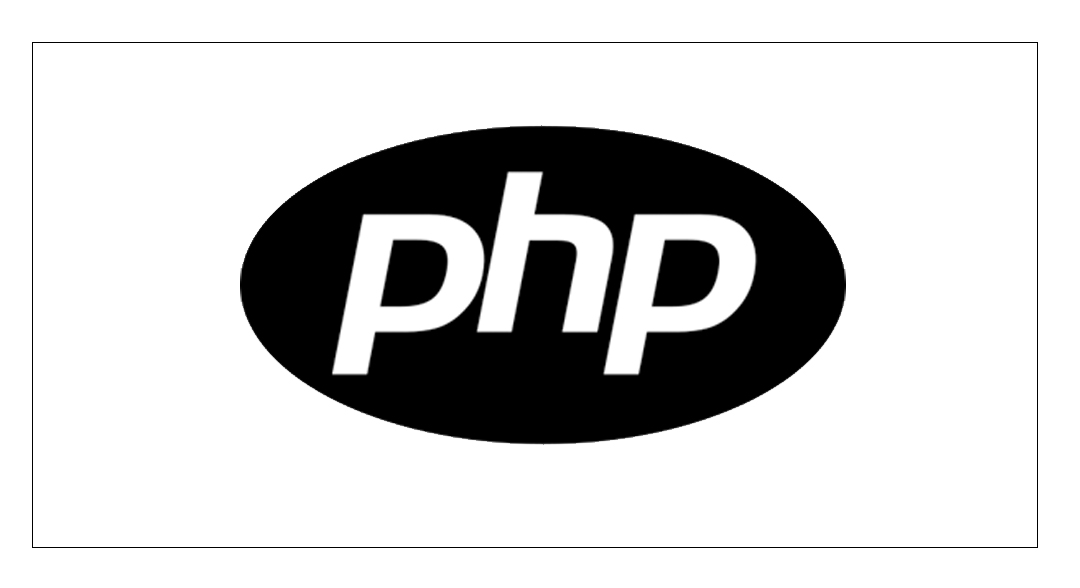What is PHP

Web / Mobile Version!
PHP, which stands for Hypertext Preprocessor, is a widely-used open-source scripting language specifically geared towards web development. Here's a breakdown of its key features and applications:
What is PHP?
- Originally created by Rasmus Lerdorf in 1994, PHP has become a dominant force in building dynamic and interactive websites.
- Unlike HTML, which defines the structure and content of a web page, PHP is a server-side scripting language. This means PHP code executes on the web server before the content is sent to the user's browser. This allows for functionalities like generating dynamic content, collecting user data, and interacting with databases.
Why Use PHP?
There are several reasons why PHP remains a popular choice for web development:
- Free and Open-Source: PHP is freely available and open-source, making it accessible to anyone without licensing fees.
- Easy to Learn: With a relatively simple syntax and vast learning resources, PHP is considered beginner-friendly compared to other web development languages.
- Large Community and Ecosystem: PHP boasts a massive and active developer community offering extensive online tutorials, forums, and libraries. This support system makes it easier to find solutions and troubleshoot problems.
- Versatility: PHP can be used for various web development tasks, including:
- Creating Dynamic Content: PHP can generate content based on user input, data from databases, or other dynamic conditions.
- Form Handling: It allows you to process data submitted through web forms, like login credentials or user registrations.
- Database Interaction: PHP can connect to databases like MySQL to store and retrieve information.
- Session Management: It enables tracking user sessions across multiple web pages.
- E-commerce Applications: PHP is a popular choice for building online stores due to its ability to handle product catalogs, shopping carts, and secure transactions.
- Integration with Other Technologies: PHP integrates well with various web development tools and frameworks, offering flexibility in building complex web applications.
Learning PHP
Here are some resources to get you started with PHP development:
W3Schools: Provides a comprehensive PHP tutorial with clear explanations and examples.
PHP.net: The official PHP website offers documentation, tutorials, and a community forum.
Online Courses: Many online platforms offer PHP courses for beginners and experienced developers.
Books: Numerous books cater to PHP learners, covering the basics and advanced topics.
Is PHP Right for You?
If you're interested in developing dynamic and interactive websites, PHP is a strong contender to consider. Its ease of learning, vast community, and versatility make it a valuable tool for web developers of all skill levels. However, other web development languages like Python and JavaScript are also gaining traction, so it's worth exploring your options based on your specific project requirements.

